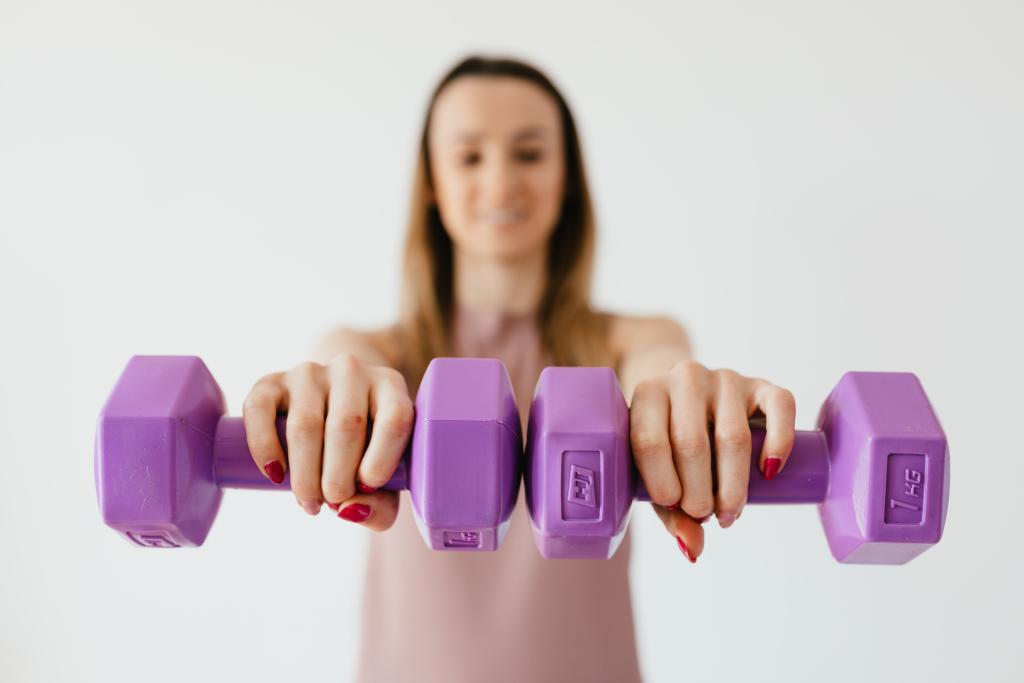
When it comes to taking care of your health and well-being, bone health is frequently overlooked, even though our bones are among the most critical elements of our bodies. We had a chat with one of Grace Private’s Specialist Women’s Health GPs, Dr Anna Alderton, to learn more about the importance of bone health and what we can do to protect it as we age.
It all starts with something called ‘peak bone mass’, which is what we reach in our early 20s. From here it stays relatively stable, until our 40s, when things start to change! While you may think bone issues won’t be of concern until menopause, your bones can start to change during perimenopause, the period before menopause begins.
Osteopenia and osteoporosis are both bone conditions that primarily affect women. Osteopenia indicates low bone density and is the precursor to osteoporosis. Osteoporosis leads to fragile and easily fractured bones.
There are a few potential risk factors for osteoporosis that can affect your bones from an early age, and as you get older. These include:
Having these risk factors increases the chance of low peak bone mass and loss of bone premenopausal.
In perimenopause, it’s common to experience bone loss. Low body weight serves as a good predictor for low bone density, while experiencing low bone density during menopause increases the risk of postmenopausal fractures.
As menopause approaches, maintaining bone health becomes increasingly important. The gradual decline in oestrogen levels during this phase of life is a big factor. Oestrogen is responsible for regulating different functions of your body and plays a critical role in maintaining bone health.
As well as treating other symptoms of menopause, MHT prevents fractures by maintaining or increasing bone density. It acts as a defence against the effects of bone loss that accompany the hormonal shifts associated with menopause. It works to fortify the foundations of your bones to reduce the risk of fractures.

Weight training is a powerful way to boost bone density. To get the most out of it, aim for a high load that challenges your bones significantly. This translates to lifting a weight heavy enough that you can manage only 4-6 repetitions before it becomes too challenging.
Remember, bone is a “use it or lose it” tissue. As we age, the risk of fractures increases, especially from falls, with 90% of hip fractures attributed to such accidents. Regular exercise, including weight training, not only enhances bone density but also lowers the risk of fractures by reducing the likelihood of falls. It’s a win-win for your bones and overall well-being!
There are a range of lifestyle changes you can make to help reduce bone loss, including:
The importance of bone health for women cannot be emphasised enough. Osteopenia and osteoporosis are conditions that can affect your overall well-being and can make a big impact on your quality of life as you age.
At Grace Private, we recommend regular check-ups and discussions with our GPs to learn about the risk factors and interventions such as Menopausal Hormone Therapy (MHT), so you can maintain strong bones throughout your life.
Our Specialist Women’s Health GPs, Dr Anna Alderton, Dr Frances Knight, and Dr Elise Turner, are here to support you every step of the way. Don’t wait – schedule your consultation today and make your bone health a priority.

